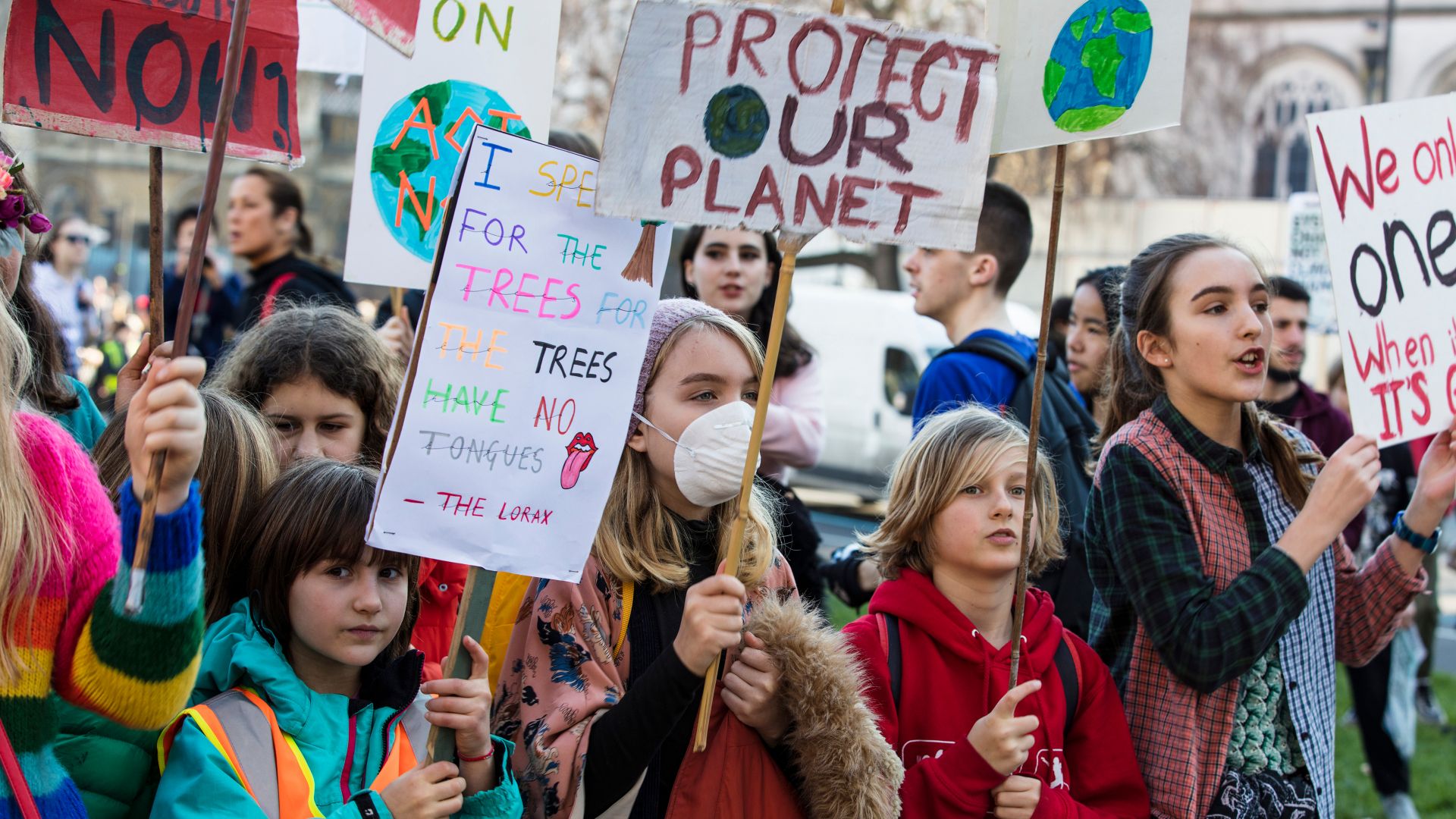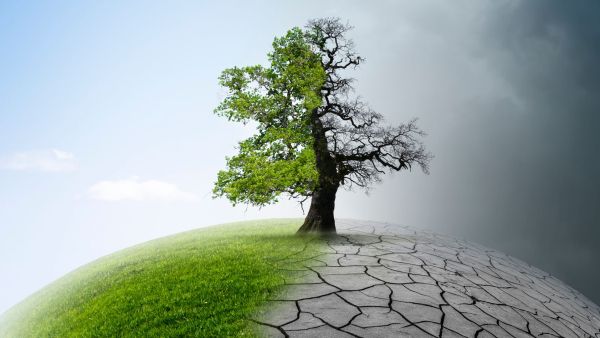Today the plenary of the European Parliament debated on how to fight climate change in the presence of 60 young Europeans representing the Youth for Climate Movement started last August by Greta Thunberg.
Tomorrow the Parliament will vote on a European strategic long-term vision for a prosperous, modern, competitive and climate neutral economy. In an own resolution, Socialists and Democrats put forward specific proposals to achieve net-zero greenhouse gas emissions as early as possible and by 2050 at the latest.
S&D president Udo Bullmann said:
“Hundreds of thousands of young Europeans have joined the ‘Fridays for Future' movement against climate change, 60 of which were present during our debate in the European Parliament today. These young people are the ones who should have addressed the Parliament, the Commission and the Council. Unfortunately, the conservatives, liberals and the right-wing did not want to hear any such thing. They blocked the invitation of Greta Thunberg to address the plenary. But we hear these young people, we hear their urgency. They have started a social revolution to save our planet and we are in. We are fighting for a sustainable future for Europe and for the world.
“There are no cheap answers and we have to start by changing the EU economic governance. We have to make our investments sustainable. We have to change the stability and growth pact to a sustainability pact, so that we do not only measure macroeconomic growth, but also and above all human well-being and environmental sustainability. The current system is exhausting our common resources only for the benefit of a few. This must stop!
“We need to ensure that this vital transition to a more sustainable model for our economy and our society leaves no one behind. This is why our Group has put forward a clear strategy for a progressive Sustainable Society.”
S&D vice-president for sustainability Kathleen Van Brempt MEP, said:
“Scientific evidence provided by the UN shows that, in order to have a safe chance of keeping global temperature below 1.5°C by 2100, the Union needs to strive towards reaching net-zero GHG emissions as early as possible and not later than 2050.
“As a global leader we must show that this is an opportunity for a shift towards economic, ecological and human sustainability. It is an opportunity to put people back at the centre of the economic model, rather than macroeconomic growth, and to show solidarity not only between regions and populations that will suffer most from global warming, but also with future generations. According to the European Environment Agency, half of the populated areas in the EU will suffer from severe water scarcity by 2030 and weather-related disasters could affect two-thirds of Europe's future generations.
“There is no time to waste. Everyone has a role to play in this transition, and we count on NGOs, academia, trade unions, regions, cities and communities, as well as citizens - especially the young! We must open a wide debate beyond EU institutions, involving civil society but also national parliaments and the business sector. We urge the member states to do the same and bring forward proposals that endorse the net-zero GHG emissions by 2050 at the latest as part of the future Europe debate, at the special EU summit in Sibiu on 9 May.”











